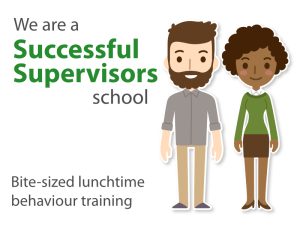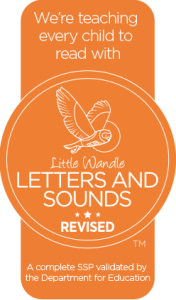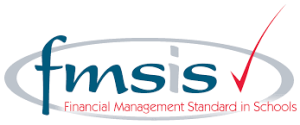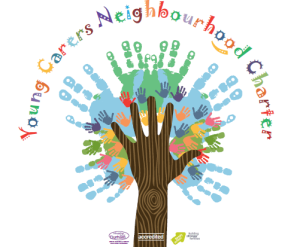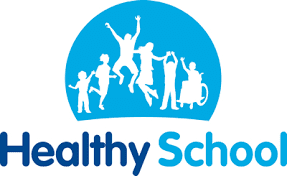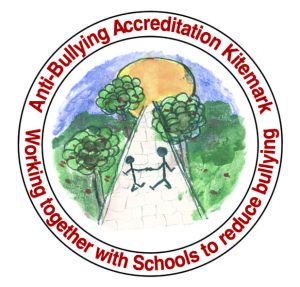We believe in early and continuous assessment to identify the needs of all pupils. Within the classroom there will always be a range of need and the class teacher will plan to meet the needs of all pupils. They will also identify and allocate resources, including additional support from a teaching assistant or other adults (when available), as appropriate to ensure that all children make maximum progress.
If a teacher feels that a child may need additional support other than that which can be normally provided by Quality First teaching in the classroom, they will discuss these needs with the child’s parents, as well as colleagues (including the SENCO). Sometimes this may lead to a referral to a specialist provider e.g. Learning Support Service; Speech Therapist; Educational Psychologist; Dietician; Occupational therapists or Physiotherapists.
If a parent has concerns about their child’s needs then we would encourage them to speak to their child’s class teacher or the SENCO (Special Educational Needs Co-ordinator – Mrs Clark).
We believe that all children can be helped by Quality First teaching in the classroom and on occasions via additional help in small groups or one to one support. This will be provided by the class teacher, teaching assistant or on occasions a specialist teacher or health professional. Where a child is working significantly below their ARE (age related expectations) parents will be advised and they will be placed on a ‘short note’. Other occasions where a child may have a short note would be where a child requires some support for social, mental and emotional health or where an aspect of a child’s development needs closer monitoring.
Short notes are early discussions with parents/carers where interventions will be noted and these will be monitored and reviewed on a regular basis in partnership with parents/carers.
When reviewing a short note it may be decided that further support is required. At this point, in agreement with parents/carers, a child would be placed on the SEN register and would move on to a SEN Support Plan. This plan identifies outcomes and resources allocated to help each child move forward in their learning. Support plans are reviewed with parents/cares in termly review meetings.
SEN Support Cycle
Where it is determined that a pupil does have SEND, parents will be formally advised that their child is receiving SEND support. At this point the child’s name will be added to the SEND register. The aim of formally identifying a pupil with SEND is to help school ensure that effective provision is put in place and so remove barriers to learning. The support provided consists of the following process:
“Assess, Plan, Do, Review”.
This means that we will:
- Assess a child’s special educational needs
- Plan the provision to meet your child’s aspirations and agreed outcomes
- Do put the provision in place to meet those outcomes
- Review the support and progress
As part of this approach every child with SEN will have an individualised SEN Support Plan that describes the child’s needs, outcomes & provision to meet those needs. Parents/carers and child/YP (where appropriate) views are integral to the this process.
Education, Health and Care Plans
The SEND Code of Practice (2014) 6:63 states – ‘where, despite the school having taken relevant and purposeful action to identify, assess and meet the SEND of the child or young person, the child or young person has not made expected progress, the school or parents should consider requesting an Education, Health and Care needs assessment. To inform its decision the LEA will expect to see evidence of the action taken by the school as part of SEND support.’
Referral for an Education, Health and Care Plan
This Statutory Assessment process is usually requested by the school but can be requested by a parent. This will occur where the complexity of need or a lack of clarity around the needs of the child are such that a multi-agency approach to assessing that need, to planning provision and identifying resources, is required.
The decision to make a referral for an Education, Health and Care Plan will be taken at a Progress review meeting for the child. The subsequent application for an Education, Health and Care Plan will combine information from a variety of sources including:
- Parents
- Teachers
- SENCO
- Social Care
- Health professionals
Information will be gathered relating to the current provision provided, action points that have been taken, and the preliminary results of outcomes set. A decision will be made by a group of people from education, health and social care about whether or not the child is eligible for an EHC Plan. Parents have the right to appeal against a decision not to initiate a statutory assessment leading to an EHC Plan.
Following Statutory Assessment, an EHC Plan will be provided by Durham County Council, if it is decided that the child’s needs are not being met by the support that is ordinarily available. The school and the child’s parents will be involved developing and producing the plan.
Parents have the right to appeal against the content of the EHC Plan. They may also appeal against the school named in the Plan if it differs from their preferred choice.
Once the EHC Plan has been completed and agreed, it will be kept as part of the pupil’s formal record and reviewed at least annually by staff, parents and the pupil. The annual review enables provision for the pupil to be evaluated and, where appropriate, for changes to be put in place, for example, reducing or increasing levels of support.
It will usually take 20 weeks until the process of referring and assessing a pupil for an EHC plan is complete and a decision about the application made.
A small percentage of children and young people with significant and/or complex needs may require an assessment that could lead to an Education, Health and Care Plan.
For more detailed information see the Local Offer
For further information please view or download our Accessibility Plan which can be found in the School Policies section of our website.


